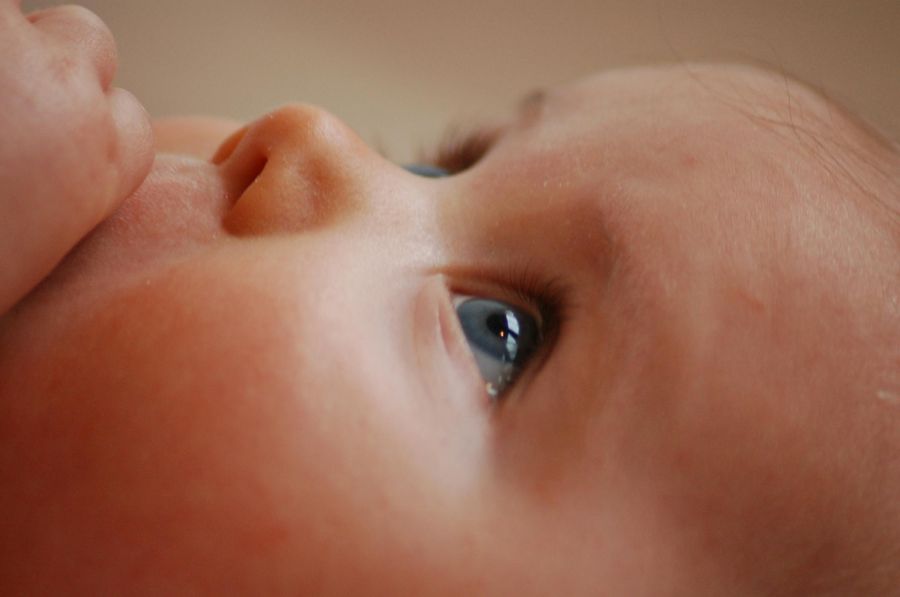Let’s talk about something that might be affecting you or someone you know – parentification. Parentification is when a child takes on adult responsibilities that are not developmentally appropriate for their age.
In this article, we’ll explore what parentification is, what causes it, and the different types of parentification that can occur.
Understanding Parentification
Parentification is a term used to describe when a child takes on adult responsibilities. This can include tasks like cooking, cleaning, paying bills, and even caring for younger siblings.
These are responsibilities that should be handled by the adults in the household, not by the child.
Developmentally Inappropriate Responsibilities
When children take on adult responsibilities, it can have negative consequences. Children have their own set of developmental milestones that they need to reach.
By taking on adult responsibilities, they miss out on important experiences that can help them grow and develop. Chores and responsibilities that are developmentally appropriate include things like doing their own laundry, cleaning their room, or walking the dog.
Causes of Parentification
Parentification can happen for a variety of reasons. Sometimes, it’s because there is an incapacity to parent.
For example, if a parent is dealing with a serious physical illness or a mental illness, they may not be able to take care of their children the way they would like to. Substance misuse or addiction can also lead to parentification.
Additionally, abusive or neglectful behavior on the part of a parent can lead to a child taking on adult responsibilities.
Types of Parentification
There are two primary types of parentification: emotional and instrumental.
Emotional Parentification
Emotional parentification occurs when a child is expected to regulate their parents’ emotions.
This can happen when a parent has mental health issues, self-esteem issues, or other emotional needs that aren’t being met. The child may be expected to provide emotional support, comfort, or advice to the parent.
Instrumental Parentification
Instrumental parentification occurs when a child is expected to take on parental duties, such as caring for younger siblings or taking care of the home. This can also include financial responsibilities, such as getting a part-time job to help support the family.
What Can You Do if You’re Being Parentified?
If you’re being parentified, it’s important to know that it’s not your responsibility to take care of your parents.
You have the right to be a child, and you deserve to have an adult take care of you. It’s okay to talk to a trusted adult, such as a teacher, guidance counselor, or family member, about what’s going on at home.
They may be able to help you find resources and support. In conclusion, parentification is a serious issue that can have negative consequences for children.
It’s important to understand what parentification is, what causes it, and the types of parentification that can occur. By knowing what to look for, we can work to prevent parentification and ensure that children are able to grow and develop in a healthy and appropriate way.
Signs and Effects of Parentification
Parentification can have significant negative impacts on the mental and emotional health of a child. It is important to recognize the signs and effects of parentification to prevent its damaging effects.
Signs of Parentification
-
Stress and Anxiety
One of the major signs of parentification is stress and anxiety.
Children who take on adult responsibilities experience role overload, which can lead to high levels of stress and anxiety. They may feel like they have too much responsibility and worry about taking care of everything.
These feelings can lead to burnout and exhaustion.
-
Physical Complaints
Parentified children may experience physical symptoms such as stomach aches and headaches due to high levels of stress and anxiety. They may also experience sleep problems, loss of appetite, and other physical symptoms associated with stress and anxiety.
-
Acting Out
Parentified children may also act out due to the stress and anxiety caused by their responsibilities.
They may demonstrate aggression, poor academic performance, and behavioral issues. Acting out can be a symptom of the frustration and loneliness that comes with having adult responsibilities before being ready.
-
Developmental Issues
Parentification can lead to developmental delays.
Children who take on adult responsibilities may miss out on important social and emotional developmental milestones, such as developing social skills and taking the initiative in making friends. As a result, they may feel alienated from peers, leading to a lack of engagement in social activities.
Effects of Parentification
-
Negative Effects on Relationships
Parentification can have negative effects on relationships, particularly in adulthood.
Parentified children are more likely to experience relationship dissatisfaction and can struggle with their attachment style. Negative effects can be more significant if they have experienced domestic violence.
This can also affect their ability to develop and maintain healthy relationships in the future.
-
Long-Term Effects
Parentification can have significant long-term effects on a child’s mental health and emotional well-being. Some of these effects include imposter syndrome, the feeling of inadequacy despite professional success, shame, boundary issues, responsibility for others, stress, anxiety, depression, and lack of identity.
These effects can carry over into adulthood, affecting the relationships, career, and overall quality of life for the individual.
-
Resilience and Empathy
Despite the negative effects, some parentified children develop resilience and empathy towards others. They may also become interested in mental health professions to help others who may be going through similar challenges.
Through experiences of overcoming adversity and caring for others, they can develop a sense of purpose and a deeper understanding of the world.
Conclusion
Parentification can have severe negative impacts on the mental health and well-being of a child. Recognizing the signs and effects of parentification is crucial to prevent the damaging effects on children.
It is important to provide support and resources for children who may experience parentification to reduce stress and anxiety. With education and understanding, we can work towards creating healthy and supportive environments for all children to grow and develop.
Healing from Parentification
Parentification can have a lifelong impact on the mental health of an individual and their ability to form healthy relationships. The good news is that healing is possible, and there are various ways to achieve it.
In this article, we’ll explore some ways to heal from parentification.
Seeking Treatment
The first step in healing from parentification is seeking treatment through therapy or counseling. It is essential to choose a therapist who specializes in trauma and parentification.
Cognitive-behavioral therapy (CBT) is a form of therapy that can be particularly helpful for those who have experienced parentification. CBT helps to identify negative thought patterns and behaviors and challenges them with more constructive ones.
Psychotherapy, or talk therapy, can also be used to help individuals explore their experiences and develop healthier coping mechanisms.
Exploring Childhood Issues
Exploring the family dynamics that led to parentification can also be helpful in healing. Family systems therapy is an effective way to address how the family operates and how it may have contributed to parentification.
Through therapy, the individual can learn to identify the origins of their parentification, the way their family operates, and how these dynamics have impacted their current life. This kind of therapy can also help family members to communicate and understand each other better.
Compassion for Self
Learning self-compassion through self-care can be a powerful way to heal from parentification.
It is important to practice self-care and set proper boundaries. Individuals who have experienced parentification may have a tendency to put others’ needs before their own.
They need to learn to say ‘no’ to others when they are overwhelmed or to prioritize their needs over others. In this way, the importance of honoring personal needs is highlighted.
The healing process requires self-love, empathy, and self-awareness. Establishing and managing personal boundaries are critical.
It is essential to have clear boundaries, which is essentially saying how much assistance is expected of a person and in which areas. The power to say no and not over-exert oneself is to emphasize self-care.
Self-compassion in no way means total selfishness, but striking a balance. This balance leads to a healthier lifestyle.
Conclusion
Parentification can have lasting effects on individuals, and their ability to relate to others and form healthy relationships. However, healing is possible through seeking treatment, exploring childhood issues, and learning self-compassion through self-care.
It’s an ongoing process, and everyone’s healing journey is different. But with the right support and resources, individuals who have experienced parentification can learn to live a healthy life and form healthy relationships.
Parentification is a serious issue that can have long-term negative effects on an individual’s mental health and ability to form healthy relationships. Recognizing the signs and effects of parentification is crucial to prevent its damaging effects on children.
The types and causes of parentification are complex, but through seeking treatment, exploring childhood issues, and learning self-compassion through self-care, healing is possible. It’s vital to provide support and resources for those who have experienced parentification to overcome the negative consequences.
With education and understanding, healthy environments can be created for all children to grow and develop to their full potential.



